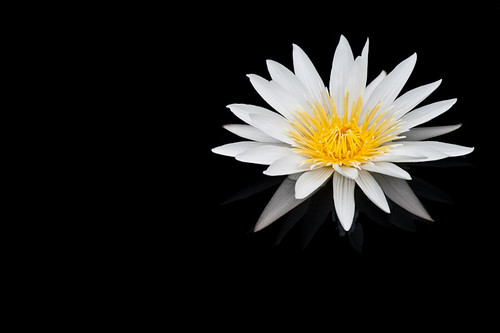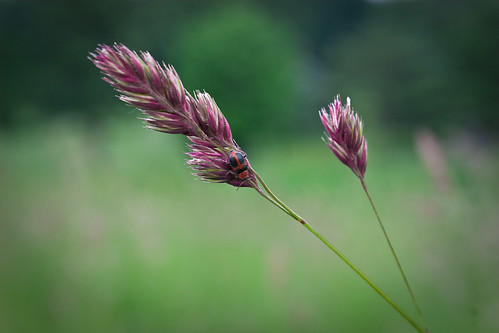 It seems that sometimes picking up the camera and taking pictures can feel like picking up a 20-ton block when you're not motivated. Motivation can play a key role in helping you to take better pictures. One of my biggest gripes about my childhood photos is that they all seem to be holiday and vacation photos. My family members weren't really motivated to take pictures any other time.
It seems that sometimes picking up the camera and taking pictures can feel like picking up a 20-ton block when you're not motivated. Motivation can play a key role in helping you to take better pictures. One of my biggest gripes about my childhood photos is that they all seem to be holiday and vacation photos. My family members weren't really motivated to take pictures any other time.One great way to keep your eyes looking and get good inspiration is to give yourself assignments. My photography students have a tendency to groan when we tell them their "themes" for the day or week. This is probably because they are lazy, but I digress. Giving yourself a theme, such as something like the color red, can really change how you see things. All of the sudden the color red shows up everywhere. Kind of like when you get a new car and all of the sudden you notice that everyone has the same care you do. Experiment with different assignments such as colors, numbers (ie; sets of 3), and other themes of interest to you. Try to start off with something simple. A complicated theme that is too challenging might discourage you at first, so it is better to keep it simple.
If you are looking for some ideas for a theme to take pictures and can't think of any, try one of these:
Letters-go on a nature walk with your camera and see how many letter of the alphabet you can find in nature (such as a branch in the shape of a "Y")
Numbers- Look for sets or groups of things in numbers.
Colors- Pick a favorite color and try to find as many things as you can with that color.
Don't forget to be creative with your theme. This can be a lot of fun too.
